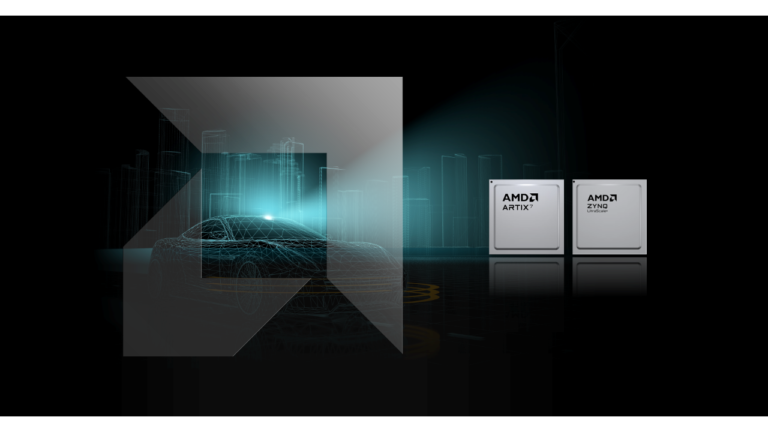AMD’s adaptive computing technology has been integrated into Sony Semiconductor Solutions’ (SSS) lidar reference design to improve safety and performance of the lidar solution.
Lidar technology helps depth perception and environmental mapping in autonomous vehicles, providing data for 3D vision perception.
The collaboration between AMD and SSS aims to address the demand for precise and reliable sensor technology in autonomous driving. By using AMD’s adaptive computing technology, the lidar system’s capabilities can be extended in terms of accuracy, data processing and reliability.
The lidar reference design serves as a standardized platform to navigate diverse driving scenarios. It is powered by AMD’s Zynq UltraScale+ MPSoC adaptive system on a chip (SoCs) and Artix-7 FPGAs, and is provides auto makers and suppliers with a “comprehensive perception platform to navigate complex driving scenarios and identify potential hazards with exceptional precision”.
“Lidar technology with its AI-enhanced perception capabilities is advancing at an incredible pace, enabling deployments for an ever-growing number of applications,” said Yousef Khalilollahi, corporate vice president and general manager at AMD.
“Our collaboration with Sony Semiconductor Solutions integrating AMD adaptive computing technology into its lidar reference design exemplifies our dedication to pushing the boundaries of technology and driving innovation in critical industries.”
Takayoshi Ozone, general manager of the automotive development department at SSS, said, “By incorporating AMD adaptive computing technology into our lidar reference design, we are poised to set new standards in performance, reliability and adaptability.”
According to the companies, the partnership is expected to accelerate the adoption of lidar technology across various industries, presenting new possibilities for autonomous systems.


